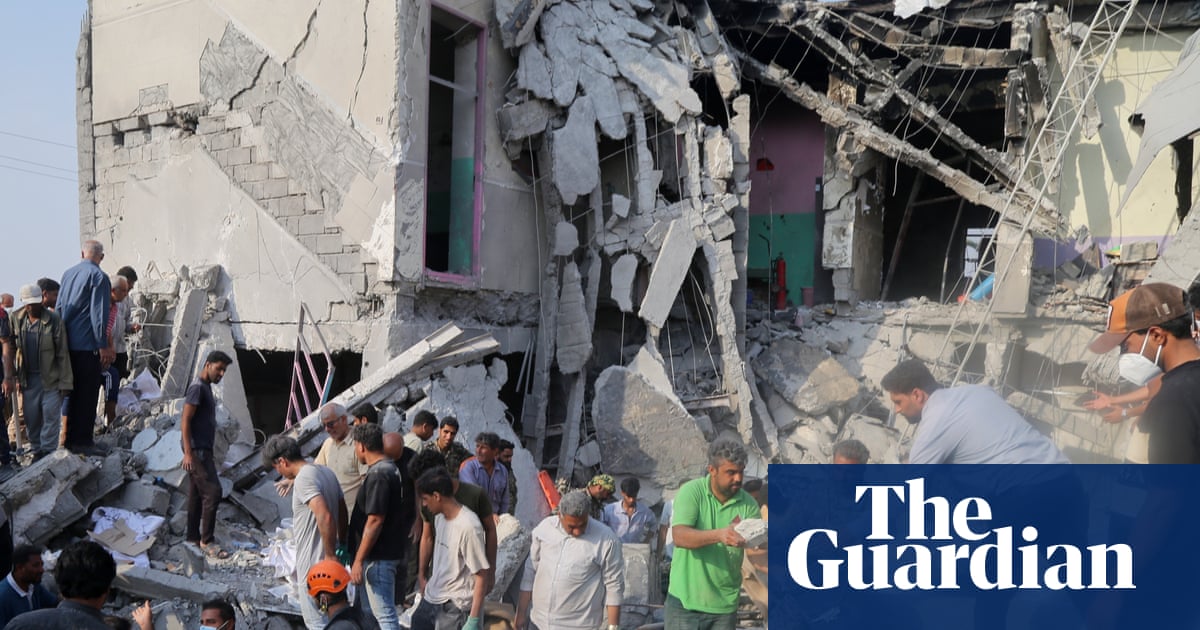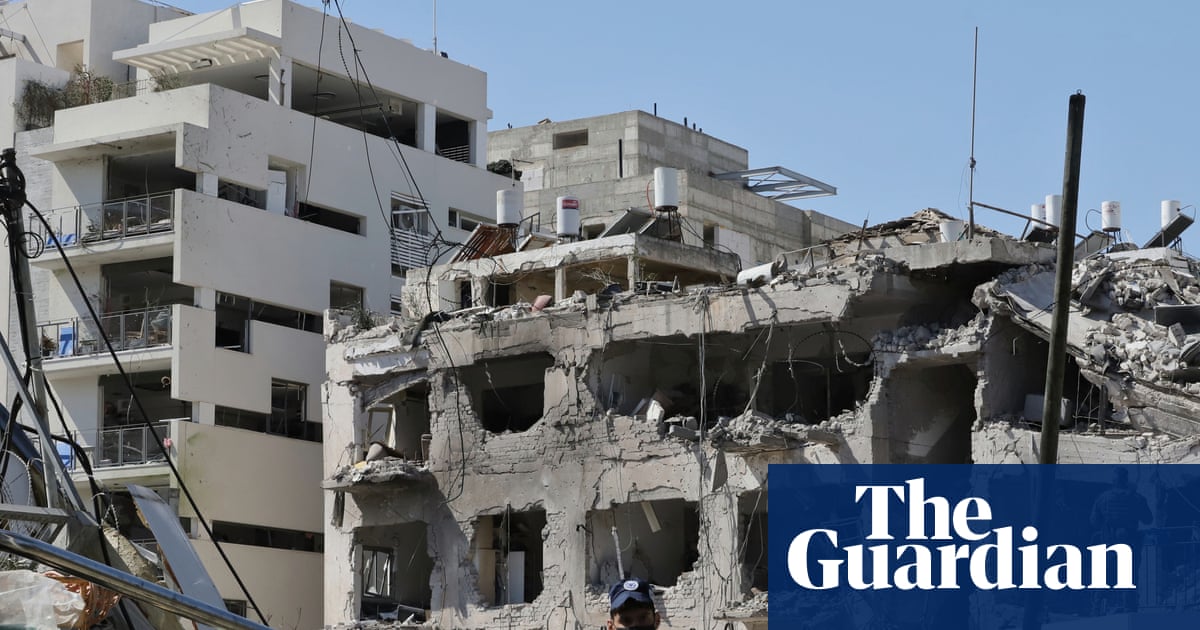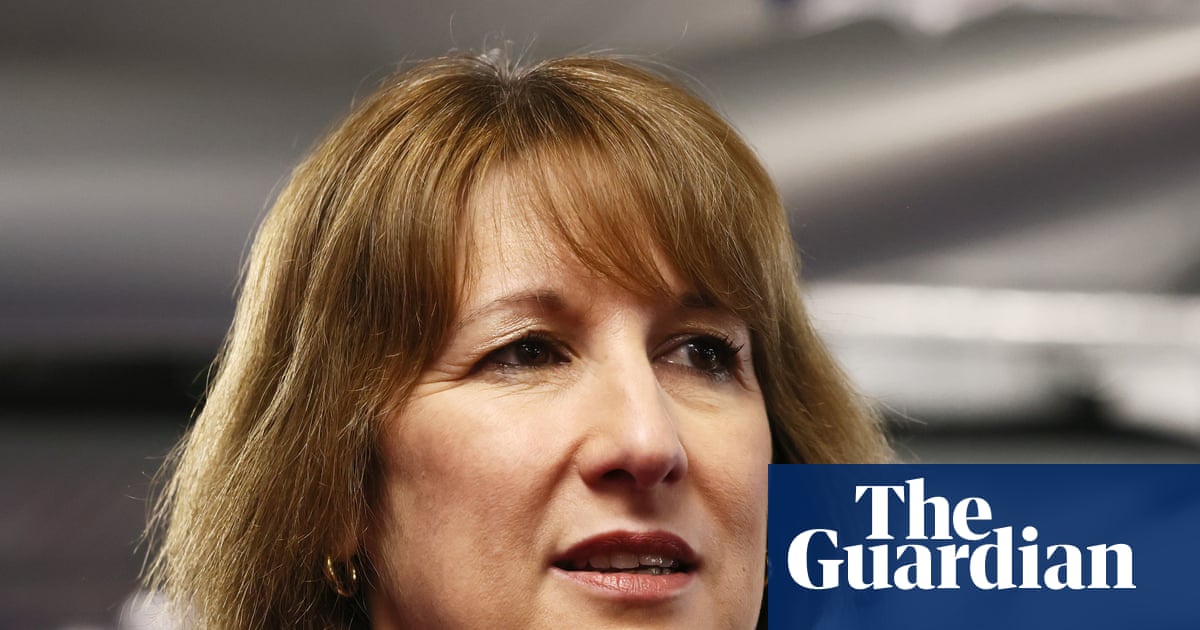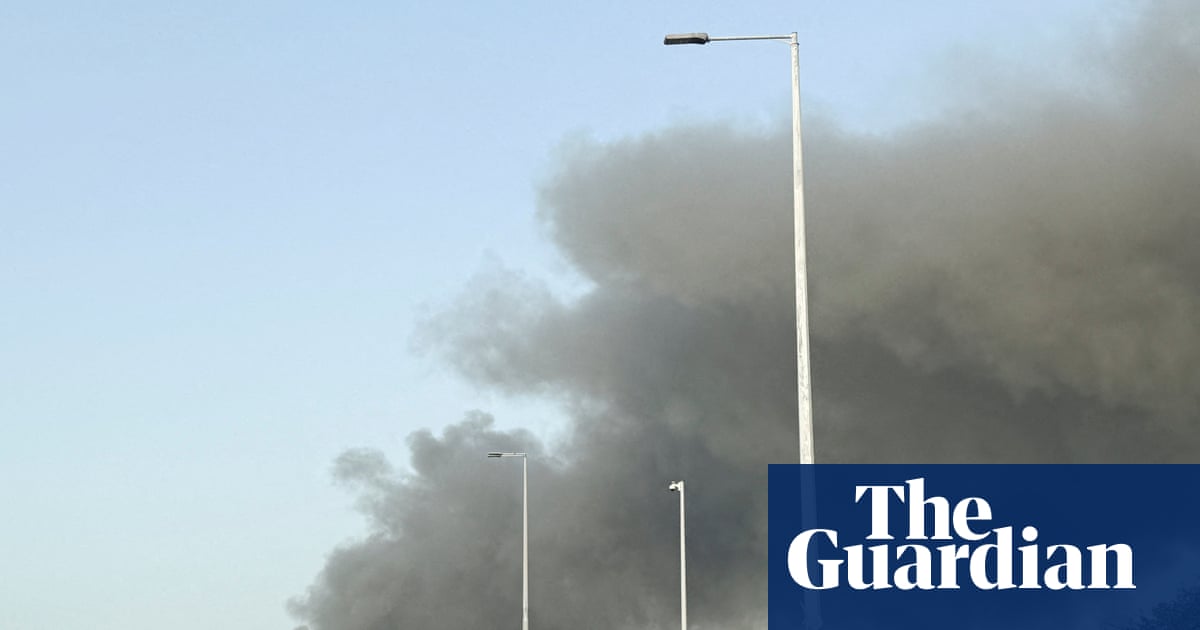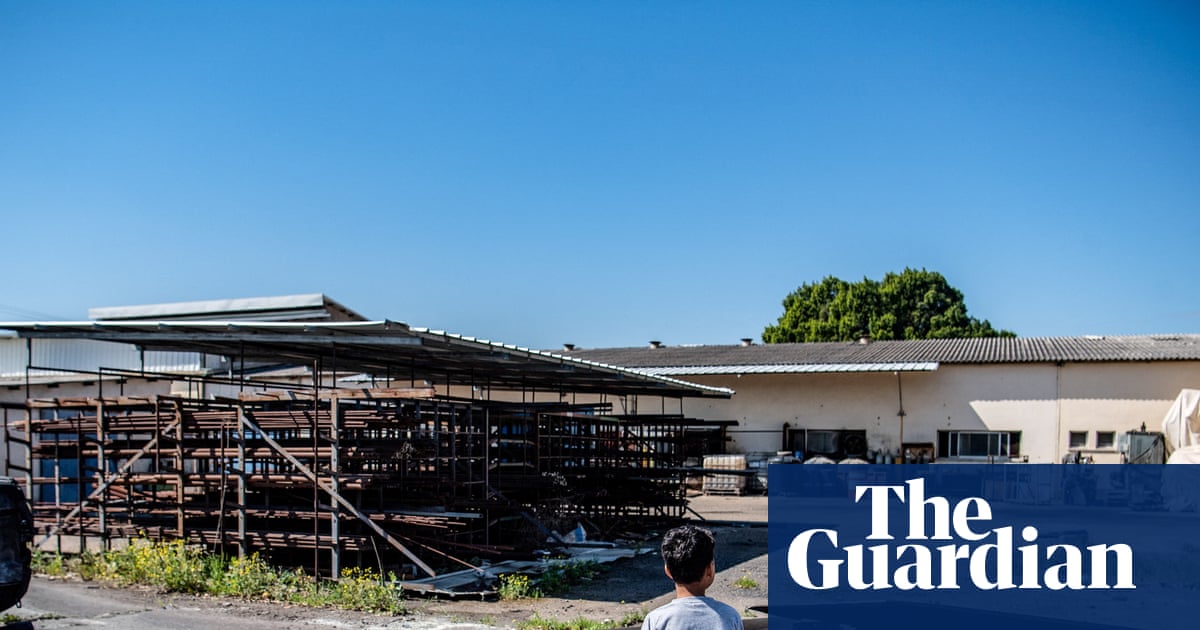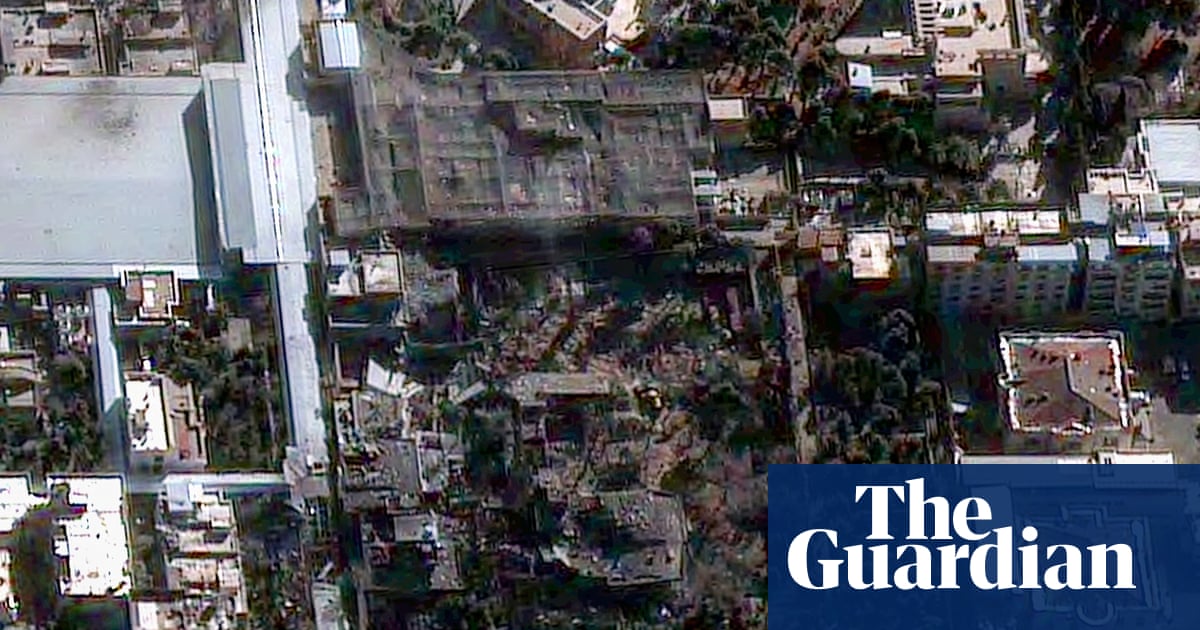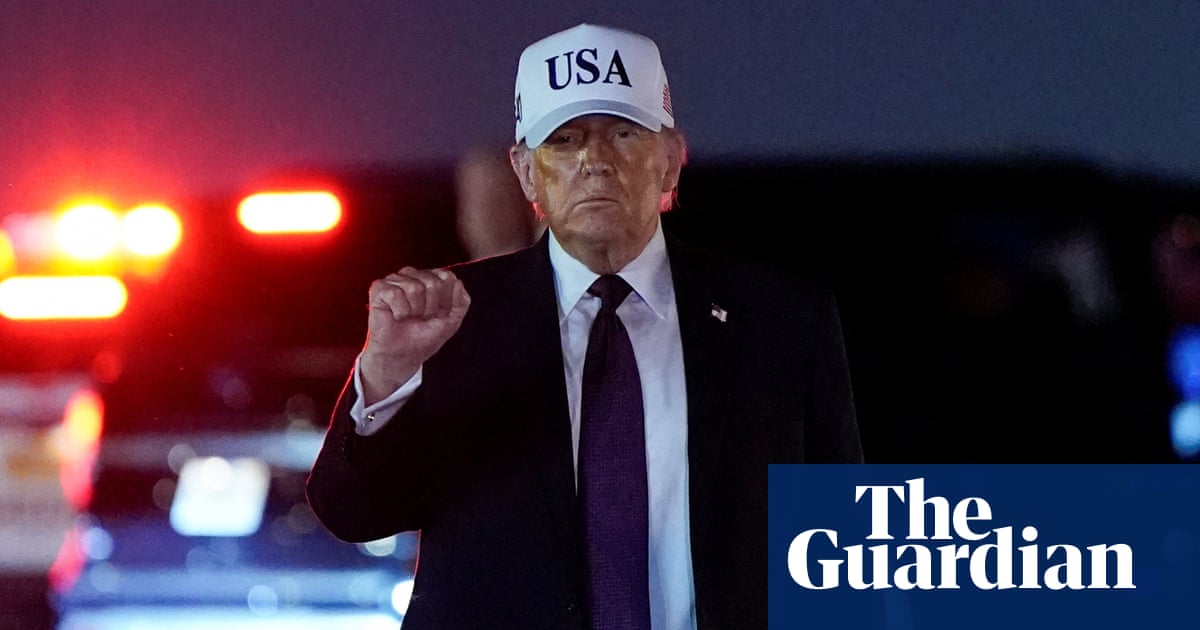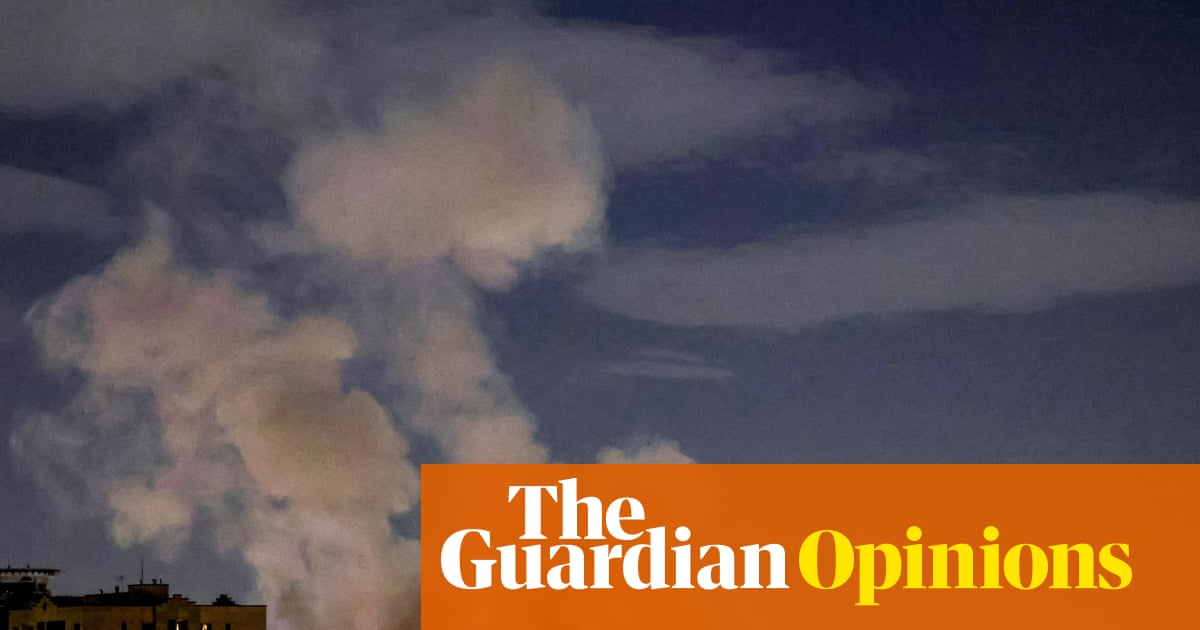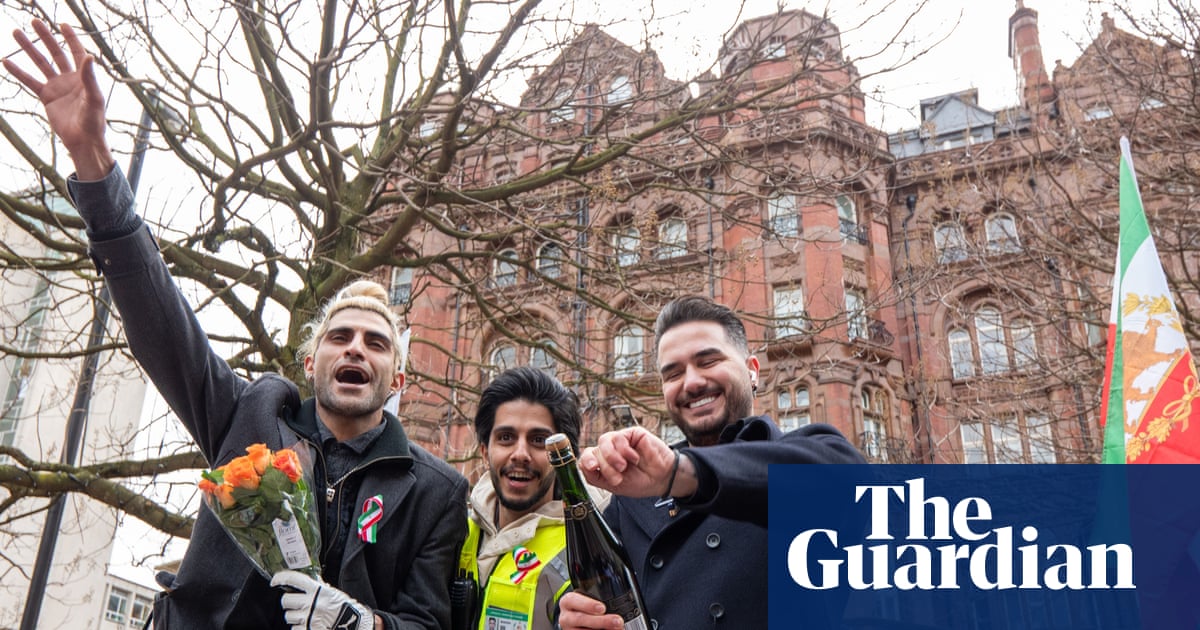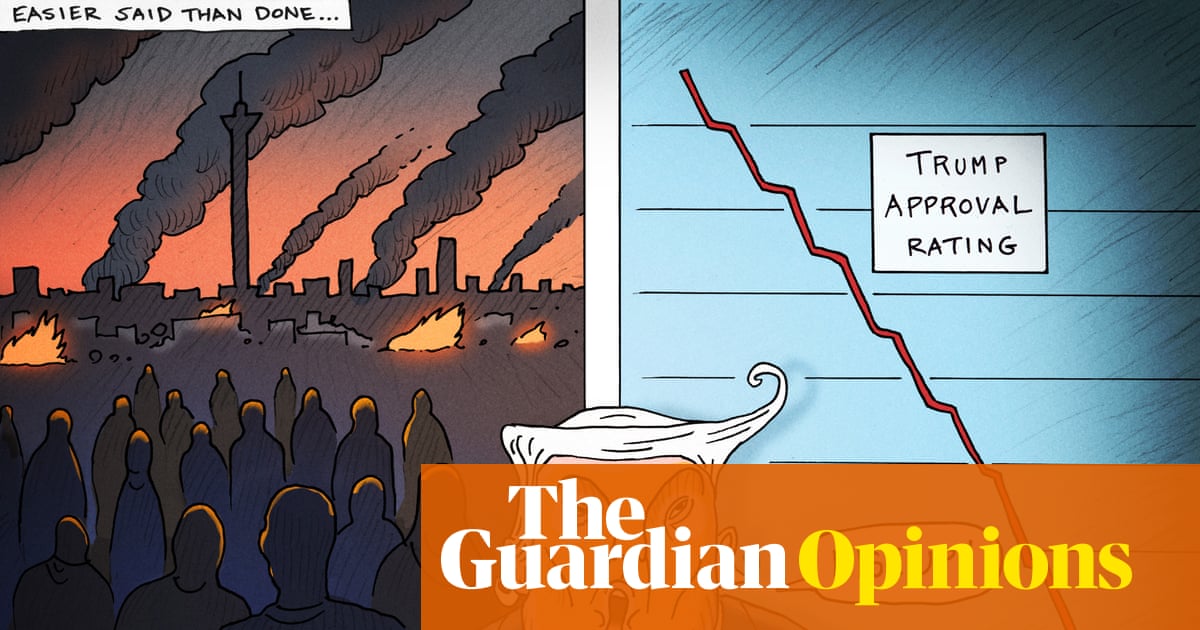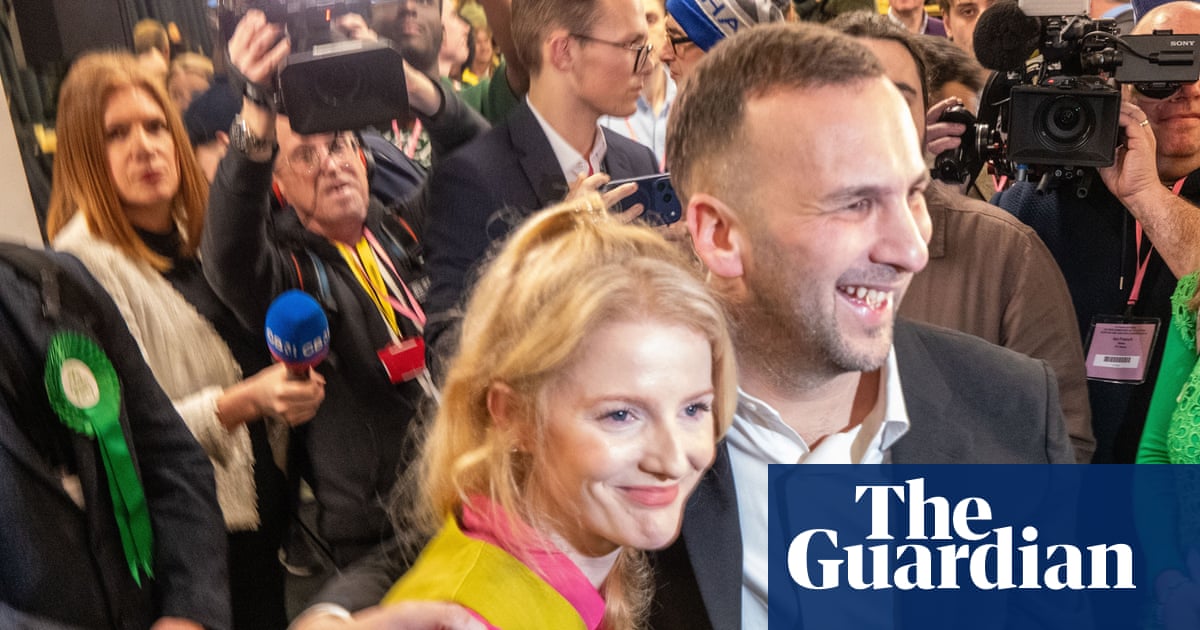Tanzanian authorities have detained a senior official from the main opposition party Chadema amid a spate of arrests in connection to deadly protests during elections last week.
More than 1,000 people were killed by security forces during the demonstrations, according to Chadema and human rights bodies. The Tanzanian government has said these figures were exaggerated but did not give its own figures.
Chadema said its deputy secretary general, Amani Golugwa, was arrested by police on Saturday, while authorities seek the arrest of nine more people, including others in the party.
Tanzanian authorities have charged more than 200 people with treason after last week’s protests – a charge that could carry the death penalty, though no executions have been carried out in the country since 1995.
The incumbent president, Samia Suluhu Hassan, was deemed the winner of the election, with 98% of the vote, but the opposition – which was barred from participating – condemned the results as fraudulent.
The government claimed the elections were free and fair, but the main rivals were not allowed to run, and election observers said the vote was not democratic and cited instances of ballot stuffing.
“The police force, in collaboration with other defence and security agencies, is continuing a serious manhunt to find all who planned, coordinated and executed this evil act,” a police spokesperson said in a statement.
Chadema’s secretary general, John Mnyika, and the head of communications, Brenda Rupia, were among those wanted for arrest.
The leader of Chadema, Tundu Lissu, was charged with treason in April and not allowed to run in the elections. The exclusion of Lissu and other political figures from the ballot fuelled the ensuing protests.
According to Amnesty International, in the run-up to the elections, Tanzanian authorities carried out enforced disappearances, arbitrary arrests and extrajudicial killings.
Protests were held on 29 October in cities across Tanzania, leading to violence and clashes with police, a statement from authorities said.
Amnesty International said authorities cut off internet access and used excessive force in an attempt to suppress post-election protests.
Rights groups said the government had cracked down on individuals perceived to be associated with the protests, including the prominent businesswoman Jenifer Jovin, who was accused of encouraging protesters to buy gas masks.
President Samia acknowledged that there were deaths, but blamed the unrest on foreigners, stating: “It was not a surprise that those arrested were from other countries.”
Despite the protests, Samia was sworn into office on Monday. Her inauguration ceremony was televised but closed to the public and held at a military parade ground in the capital.
Samia became Tanzania’s first female president in 2021 after the then president, John Magufuli, died in office while she was his vice-president. She was initially praised by activists for easing political repression, but has since been accused of reversing course.

.png) 3 months ago
37
3 months ago
37

